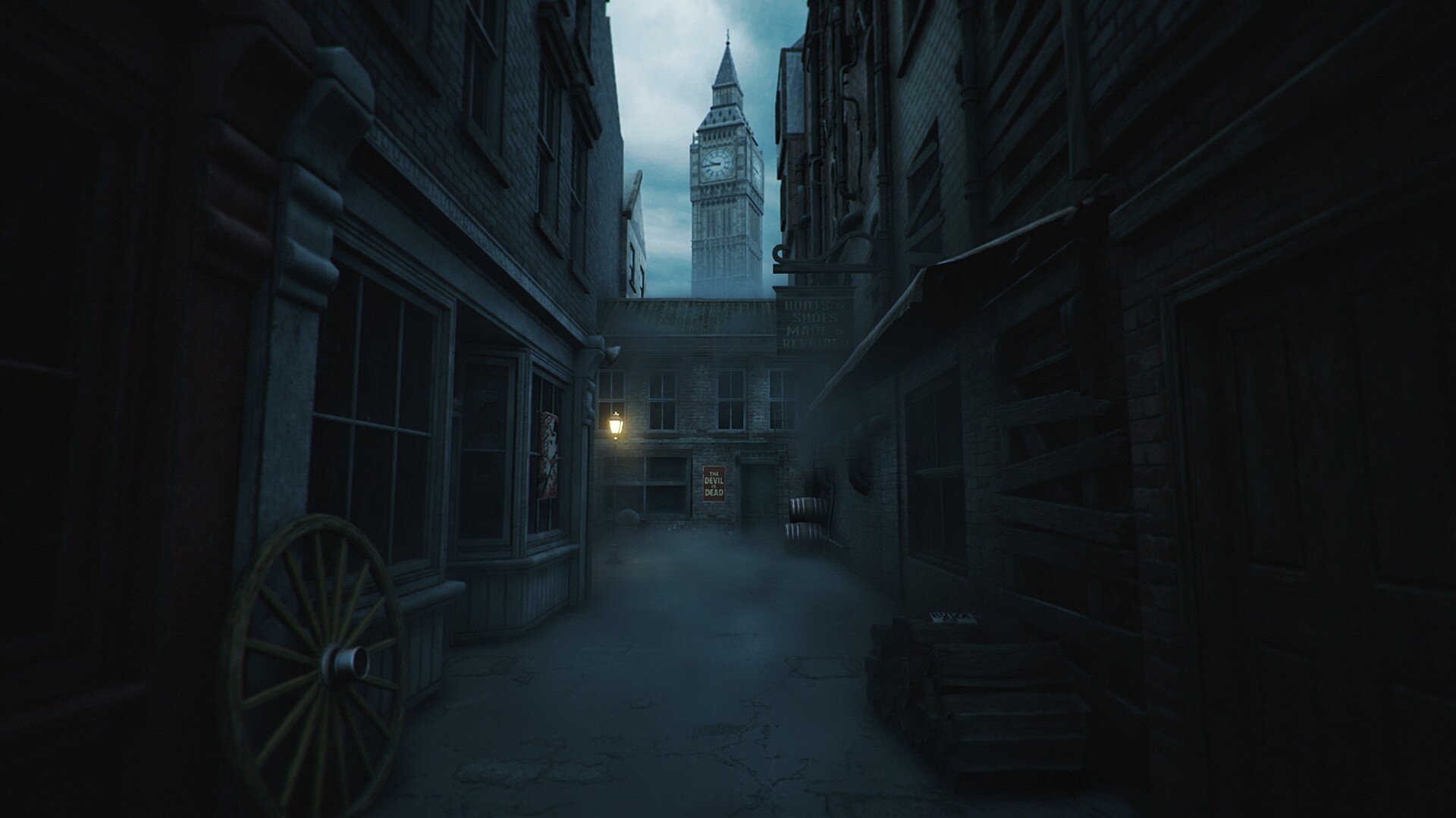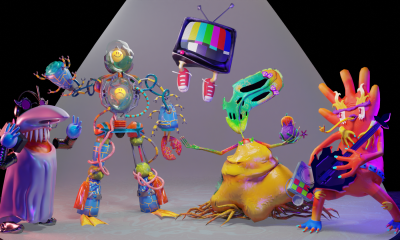Reviews
The Lightkeeper Review (PC)

In the lightest of landmarks, the darkest of dreams will gradually illuminate, and the boldest fears will wax poetically against nightmarish hallucinatory phenomena—disturbing images and ambient cues, harrowing premonitions and vicious manifestations. In this humble lighthouse, the beacon of light is but another form of trickery; the dark, however, enrolls as a much larger force that needs not be reckoned with. But there’s a responsibility that hangs in the balance—a duty to shed light on even the faintest of shadows. The Lightkeeper puts us here, in this decrepit cone of forced illumination, in the hopes that we will unlock the secrets of the lighthouse and connect the dots. Who came before? Why, of all personnel, did the folks who kept to their duties, deserve to die? And how are we to play a part in its evolution?
The Lightkeeper asks a great deal of questions, but at the same, refuses to stroke our egos with a collection of answers without asking for a bargaining chip in return. It dispatches us to this starting point—at the foot of a lighthouse that has seen numerous fatalities, and on the tipping point for a new wave of abnormal activities that somehow involve you, a war veteran whose sole focus is to tend to the lighthouse in the absence of its forefathers. With that, it invites us into the ominous quarters of the dimly lit landmark, not with a warm invitation and cozy spot to unwind, but with a sense of dread looming in the dark and an ambiance that you couldn’t dare to cut with a butter knife. From there, it unleashes its caveat: you need to make sense of it all before the lighthouse swallows you whole.
Illuminating Answers

The Lightkeeper plays out in a similar fashion as your traditional first-person psychological horror, with the bulk of the experience either taking place deep within the hollow hands of your vague hallucinations, or in the macabre corridors of the hallmark lighthouse itself. Much like your usual nightmare, it requires you to carefully tread through the shadowy corners of its world and unlock the inner secrets that latch onto its historical boundaries. The question that you yearn to answer is relatively simple: what happened to the previous keepers, and why is the nightmare beginning to repeat itself in light of your fateful arrival at its treacherous doorstep?
The Lightkeeper pulls you into the 1920s; specifically, into the aftermath of a war veteran’s decision to retire the harrowing memories of the past to pursue a job as a lighthouse keeper. However, upon arriving at this beacon of nautical light, the protagonist discovers that a malicious threat has swallowed the previous keepers whole, and is therefore seeking to dig its claws into a new target—a subject who shares the unshakable burden of carrying daunting memories like a lead anchor in a typhoon. Lo and behold, we have the formal foundations for the premise.
The game itself takes a couple of pages out of two very important books, with the first being Layers of Fear, and the second being Graveyard Shift. Collectively, the game latches onto the ever-shifting hallucinatory rhythm of the former, and the signature charcoal-smitten aesthetics and pulpy ambiance of the latter. And I’ll be honest with you, it’s a pairing that just works wonders, doubly so thanks to its inclusion of several intricate details and a captivating sense of progression that, quite frankly, DarkPhobia Games has been able to achieve several times before with its previous releases.
A Lighthouse Between Storms

The Lightkeeper isn’t so much about succumbing to a web of interactive puff pieces as it about spectating a cinematic universe gradually unfold through the lens of a traumatized war veteran. Granted, the game does take advantage of its prowess as a studio to conceive some well-oiled jump scares and pepper its signature elements over the foundations to help muster up a palatable atmosphere. But it goes a lot further than that, which is something that I can’t help but admire.
The audiovisual aspect is something that deserves recognition here. Although not as photorealistic as its adversaries, it does possess that somber tone and all-round tantalizingly cruel essence of a modern horror, which is further refined by a trove of fantastic artistic touches and unsettling embellishments, true to the DarkPhobia mantra, of course.
While I’m not able to complain about the aesthetic or the general pacing of the game’s relatively short story, I do find myself left with a few nitpicking issues. The AI, for instance, has a lot of teething issues that need working through, particularly with its dialogue, presentation and translation. It isn’t that it’s bad; it’s that so many of the game’s standout features are sadly overshadowed by some avoidable errors in the inner AI department. With that, it’s as if DarkPhobia cut a few corners by actively giving a proper actor a wide berth in favor of a cheaper alternative. Sadly, it shows, too. If the AI were to disintegrate into the abyss, however, then you would have an excellent horror with a lot of heart and soul.
Verdict

DarkPhobia Games has struck gold with yet another fantastic cinematic tale of woe and wonder, courtesy of its impeccable storytelling capabilities and general knack for creating captivating worlds on illuminated platters. With thanks to its signature aesthetics and moody atmosphere, it effectively stands its ground as a horror that deserves to be put on a pedestal — and that’s somewhere that I honestly believe it should be, despite it still having one or two minor issues.
The AI, sadly, does bear the brunt of the downfalls here, I’ll admit. That said, if you can excuse the monotone dialogue and poor translations, then you should, in all fairness, have a near-perfect vessel that’s befitting of a DarkPhobia crest. It’s a shame, truly. But then, nobody likes shortcuts, and AI is, annoyingly, one of the primary poster children for shortcuts.
With all of the above said, if you do happen to enjoy DarkPhobia Games’ other projects, then it’s likely that you’ll enjoy shedding light on this cinematic whirlpool of hallucinatory horror. It isn’t the longest game on the block (an hour or two ought to suffice), though it is one that utilizes its short time on the small screen by implementing as many memorable moments as possible. If that’s enough of an incentive for you, then you should definitely consider checking into The Lightkeeper the next time you’re on the prowl.
The Lightkeeper Review (PC)
A Lighthouse Beyond Storms
DarkPhobia Games has struck gold with yet another fantastic cinematic tale of woe and wonder, courtesy of its impeccable storytelling capabilities and general knack for creating captivating worlds on illuminated platters. With thanks to its signature aesthetics and moody atmosphere, it effectively stands its ground as a horror that deserves to be put on a pedestal — and that’s somewhere that I honestly believe it should be, despite it still having one or two minor issues.













